Web Development Reading List #175: GraphQL, IndexedDB2, And An Open Ethical Internet
With GraphQL, FQL, and IndexedDB2, we have new tools at our fingertips that allow us to build products that are not only more flexible but also faster. With this week’s Web Development Reading List, we’ll dive a bit deeper into these promising technologies and combine this with thoughts about the openness of the internet, ethical choices, and building inclusive products. So without further ado, let’s get started!
News
- Chrome 57 just hit stable, now the Chrome developer team announced Chrome 58 beta. It includes IndexedDB2.0 support and improvements to iframe navigation. Among the smaller changes are also auto-pause/resume of video on Android when the window is in the background and the fact that HTTPS is now required for the Web Notifications API.
General
- Matthias Ott points out that it’s about time that we take back control, reclaim our digital future and rebuild the web so that it, finally, becomes a web for everyone. And with growing surveillance and even bigger data consolidation by a few big private players, it’s now up to us to recognize the errors we make and amend our decisions accordingly to create a better web — a web that is more accessible, more private, and more independent.
- Quincy Larson wrote an essay about why the future of the open internet and our way of life is in our hands. By comparing the history of TV, radio, and telephone, he explains why it’s up to us to prevent that the internet goes through the same cycle of commercialization and privatization as the technologies that came before.
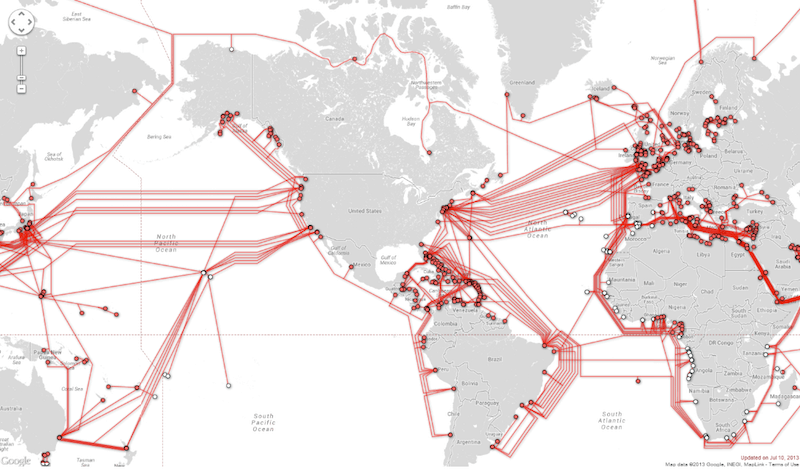
Tools & Workflows
- Loren Sands-Ramshaw wrote a two-step guide on GraphQL, a relatively new query language that has better performance and is easier to handle as REST.
Security
- The Chrome team concluded an investigation on the Symantec Root Certificate Authority and now discusses when and how to distrust the entire authority due to having misissued over 30.000 certificates. If the entity is mistrusted, GeoTrust, Thawte, and other certificate authorities will be affected by the decision as well since they’re operated by Symantec.
Privacy
- Whoops, there we go: As expected, the US Senate voted to allow Internet Service Providers to sell customers’ private data to third parties without opt-in consent. What a world we live in, where money seems to be everything that counts.
HTML & SVG
- Sometimes a user interface requires a clear “On”/“Off” switch. It’s usually a great idea when you want to show optional settings but indicate more as a checkbox does by default and in a simpler way as two radio options could provide it. Heydon Pickering now shares the technical approach to building semantic, accessible and easy-to-use toggle buttons.
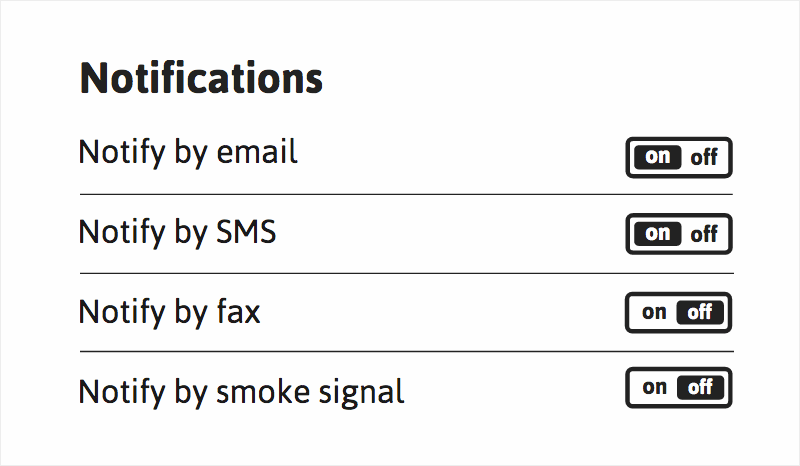
Work & Life
- Alex Castrounis shares why estimating software development tasks by time and time tracking don’t work and how you can still get pretty accurate estimations to calculate the progress and a deadline for a project.
Going Beyond…
- It’s interesting to see that a growing number of people now seem to ask themselves how to do good work, and I think it’s because we realize that current developments are so bad that we as individuals think about what we can do to improve our society again. Mike Monteiro is one of those people who care deeply about ethics, now he explains why ethics can’t be a side hustle and why you can’t shuffle yourself out of responsibility if you’re doing a non-ethical job as your main work. It’s true that you have to start somewhere, and doing simple things in your daily life can already help to improve our society, but, in the end, if you’re getting paid for non-ethical work, you’re actively helping and promoting this work. And nothing can make this undone.
And with that, I’ll close for this week. If you like what I write each week, please support me with a donation or share this resource with other people. You can learn more about the costs of the project here. It’s available via email, RSS and online.
— Anselm
Further Reading
- The WAI Forward
- How To Design Better Buttons
- 4 Effective Strategies To Estimate Time For Your Design Projects
- Interactive Learning Tools For Front-End Developers


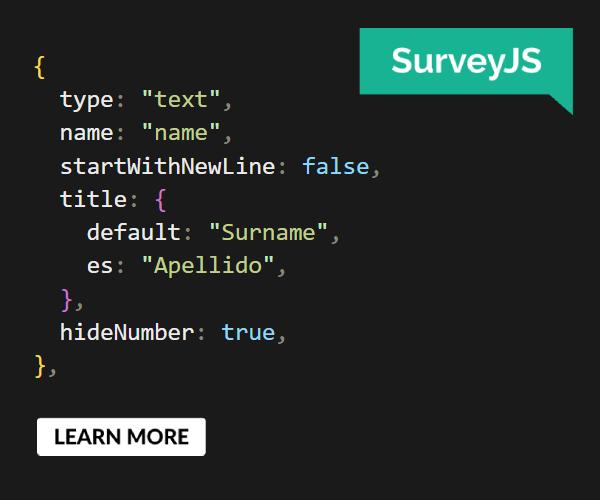 SurveyJS: White-Label Survey Solution for Your JS App
SurveyJS: White-Label Survey Solution for Your JS App


 Register Free Now
Register Free Now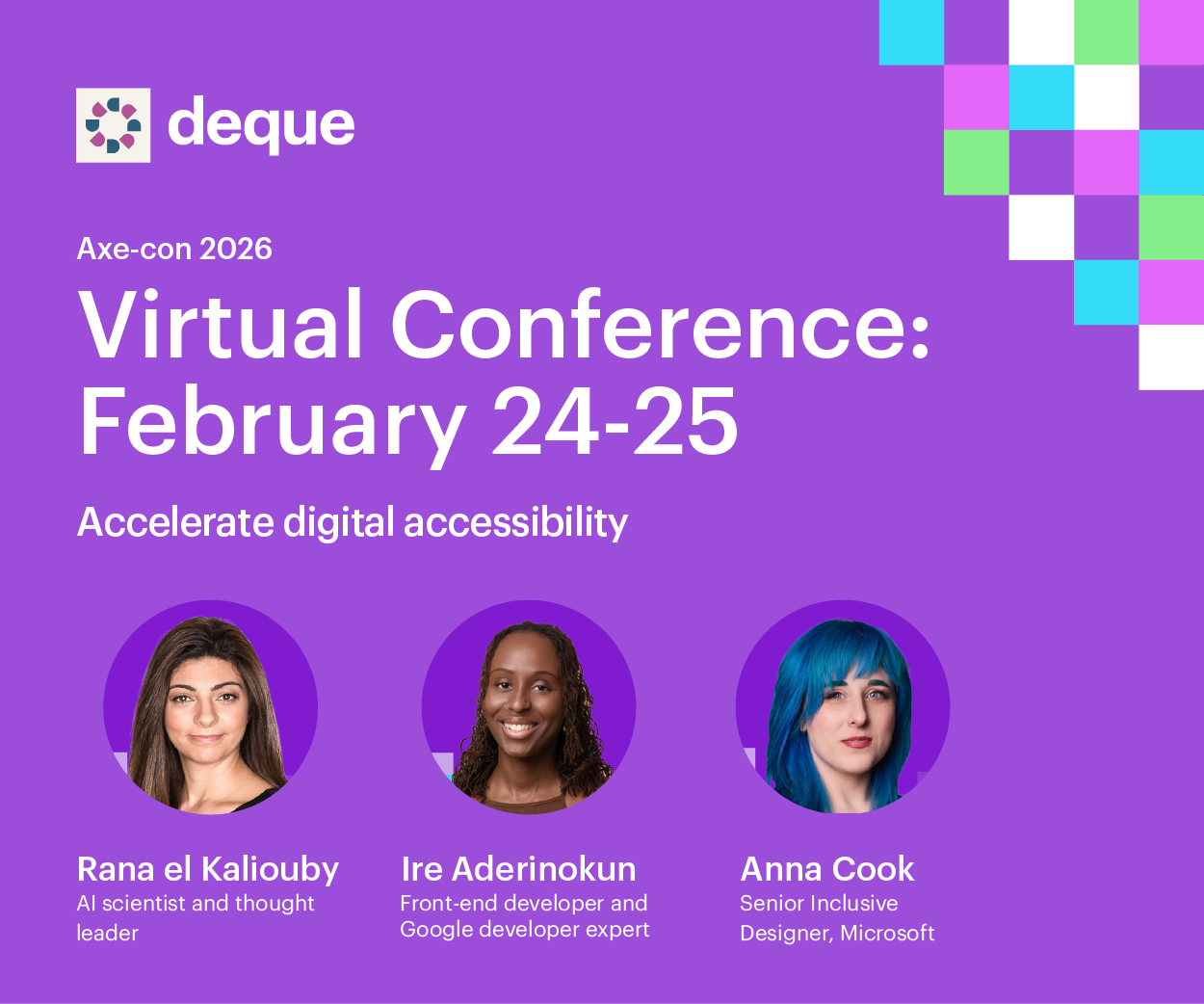 Register for free to attend Axe-con
Register for free to attend Axe-con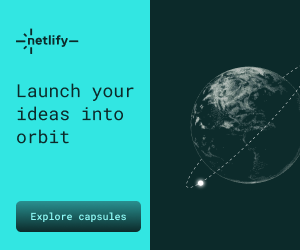 Celebrating 10 million developers
Celebrating 10 million developers

